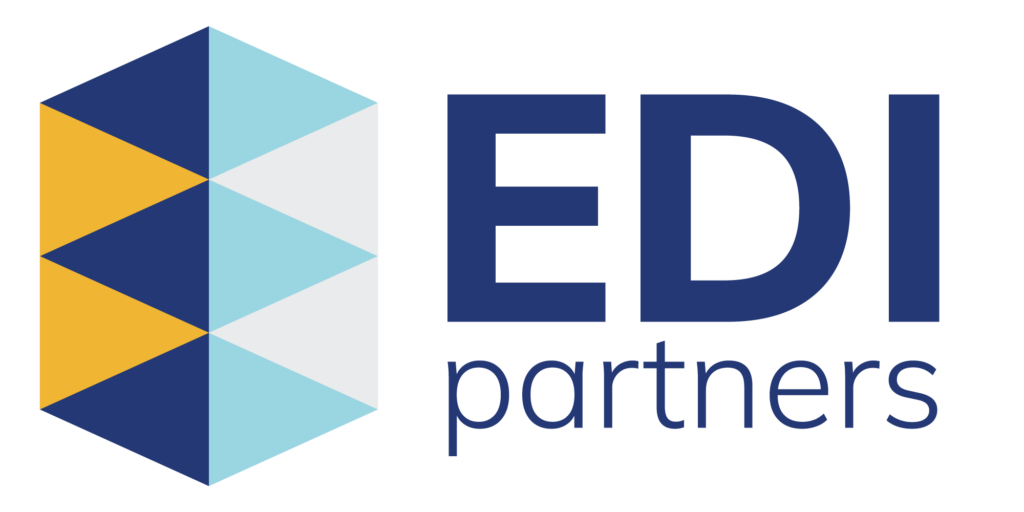We all can observe that the healthcare industry is constantly evolving and as technology plays a crucial role, it is improving patient care and operational efficiency. One of the most important advancements in this space is Electronic Data Exchange (EDI). But what exactly is EDI, and why is it so important in healthcare? Let’s get into the world of EDI transactions in healthcare and explore their transformative impact.
Understanding EDI in Healthcare
EDI, or Electronic Data Interchange, is the electronic exchange of business documents between organizations in a standardized format. EDI standards in healthcare, enables the seamless transmission of essential data such as claims, eligibility checks, and payment information between providers, payers, and other stakeholders. By eliminating paper-based processes, EDI improves accuracy, reduces delays, and ensures compliance with industry standards like HIPAA.
Key EDI Transaction and Their Functions
Several types of EDI transactions play a pivotal role in healthcare operations:
- EDI 837: Healthcare Claim
- Facilities the submission of claims from providers to insurers.
- Ensures accurate medical billing EDI and faster processing.
- EDI 270/271: Eligibility Inquiry and Responses
- Allows providers to check a patient’s insurance coverage and eligibility in real-time.
- Minimizes surprises related to uncovered services.
- EDI 835: Payment and Remittance Advice
- Details payment information and reasons for claim adjustments.
- Helps providers reconcile their accounts efficiently.
- EDI 276/277: Claim Status Inquiry and Response
- Enables providers to track the status of submitted claims.
- Reduces the need for manual follow-ups.
- EDI 278: Referral Certification and Authorization
- Streamlines the process of obtaining pre-authorization for treatments.
- Improves coordination between providers and prayers.
Benefits of EDI Implementation in Healthcare
There are numerous benefits of EDI in healthcare:
- Efficiency and Speed: Automating data exchange reduces processing times for claims, eligibility checks, and payments, enabling quicker decision-making.
- Cost Savings: By eliminating paper, postage, and manual intervention, healthcare organizations can cut administrative expenses.
- Improved Accuracy: Standardized formats reduce errors caused by manual data entry, ensuring data integrity and compliance.
- Advanced Security: EDI transactions comply with stringent data protection regulations, safeguarding sensitive patient and financial information.
- Better Patient Experience: Faster claims processing and eligibility checks translate to smoother patient interactions and quicker service delivery.
Challenges and Considerations
While the benefits of EDI are clear, implementing it comes with challenges:
- Initial Setup Costs: Investing in EDI software and integration can be costly for smaller providers.
- Compliance Requirements: Organizations must adhere to strict standards like HIPAA, which can be complex and time-consuming.
- Technical Expertise: Successful EDI implementation requires skilled professionals to handle setup, maintenance, and troubleshooting.
Despite these problems, the long-term benefits far outweigh the initial challenges which makes EDI a worthwhile investment for healthcare organizations.
Partnering with EDI Partners for Seamless Integration
Navigating the complexities of EDI implementation in healthcare can be daunting, but partnering with EDI Partners simplifies the process. With over 30 years of experience and a dedicated team of US-based specialists, we provide end-to-end solutions tailored to the unique needs of healthcare providers. From onboarding new trading partners to ensuring compliance and troubleshooting issues, our comprehensive services make EDI integration a hassle-free experience.
Take the leap into the future of healthcare EDI transactions because efficiency and precision are no longer optional but they are essential.n smooth and stress-free!
- How Medicare EDI Works: Step-by-Step Explanation for Providers - October 30, 2025
- What is EDIFACT? A Beginner’s Guide to the Global EDI Standard - September 18, 2025
- Top Challenges of EDI Interface Integration and How to Overcome Them - September 18, 2025

